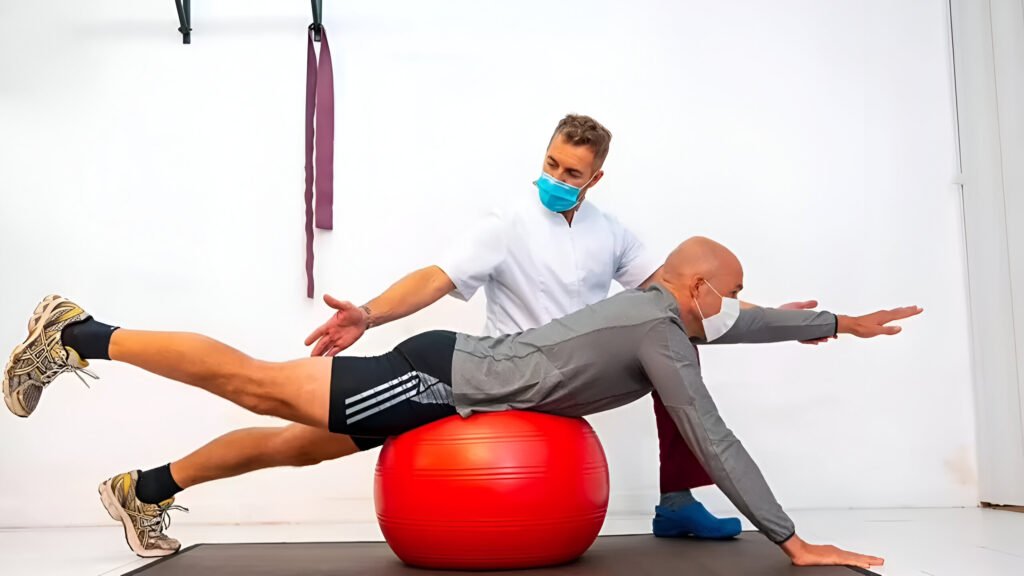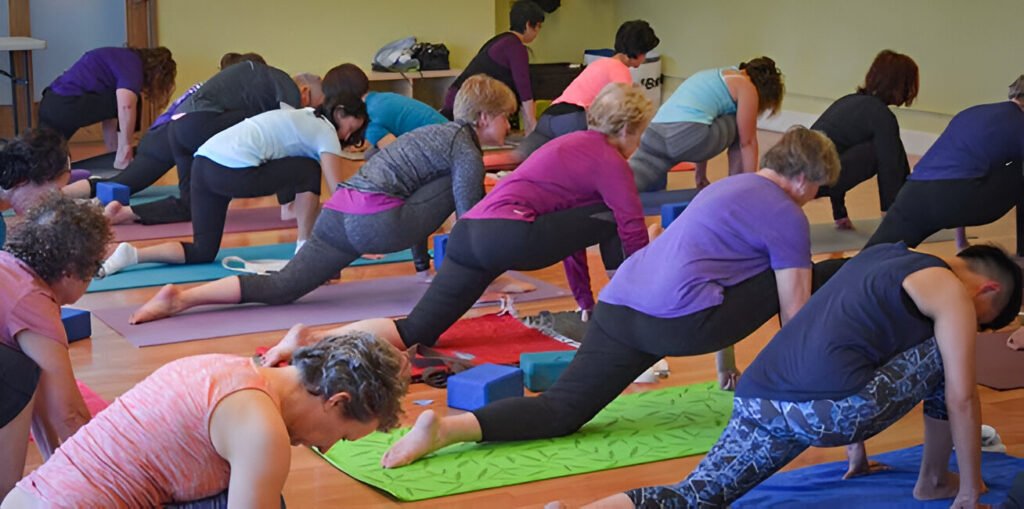
For decades, the advice given to cancer patients was cautious: rest, recover, and don’t overexert yourself. But that thinking is undergoing a radical transformation. A groundbreaking new study has revealed that structured exercise isn’t just beneficial after cancer treatment; it might actually be better than many drugs in preventing cancer from returning and in reducing the risk of death.
This world-first clinical trial, presented at the American Society of Clinical Oncology (ASCO) annual meeting in Chicago and published in the New England Journal of Medicine, offers the most definitive evidence yet that a structured exercise regimen can significantly reduce cancer recurrence and improve survival rates.
Exercise as a Helpful Partner in Cancer Recovery
The study followed 889 patients with colon cancer in six countries US, the UK, Canada, Australia, France, and Israel—over a span of 14 years. The overall majority of them were diagnosed with stage three colon cancer and already treated with surgery and chemotherapy. They were separated into two groups: one received a book on healthy living, and the other was enrolled in a synchronized exercise program with coaching sessions by personal trainers.
The outcome? Stunning. Five years later, exercisers had a 28% reduced risk of their cancer returning or getting a second cancer. Eight years later, they had a 37% lower risk of death compared to patients who had been provided with lifestyle advice alone. Such advantages are comparable to, if not superior to, a number of cancer drugs that are routinely licensed without the side effects or cost, says Dr. Julie Gralow, ASCO Chief Medical Officer.
“We titled the session ‘As Good as a Drug,’ but I would have retitled it ‘Better than a Drug,’ because you don’t have all the side effects,” said Dr. Gralow. “Drugs get approved for less than that, and they’re expensive and they’re toxic.”

Personal Trainers and Patient Choice
The success of the program lies in its structure and flexibility. Patients were not left to figure things out on their own. For three years, they had access to personal trainers or health coaches who helped them set and meet achievable exercise goals. Initially, they met twice a month, later dropping to once a month.
Patients had a weekly target of exercise equivalent to three or four brisk walks lasting 45 to 60 minutes. But they were also encouraged to choose activities they enjoyed, whether that was walking, kayaking, or skiing. The point was to make physical activity sustainable and enjoyable.
A Shift in Oncology Thinking
This landmark research challenges the outdated notion that cancer patients need to take it easy. “When I started three decades ago, it was the era where we’d be gentle and say, ‘Don’t overdo yourself when you’re on chemo,’” said Dr. Gralow. “We’ve reversed that now.”
Dr. Christopher Booth, the study’s lead author from Queen’s University in Canada, said patients often ask what more they can do after treatment to avoid recurrence. “These results now provide us with a clear answer: an exercise program that includes a personal trainer will reduce the risk of recurrent or new cancer, make you feel better, and help you live longer.”

Not Just for Colon Cancer?
While this study focused on colon cancer patients, there’s strong reason to believe the benefits of post-treatment exercise could apply to other cancers as well. Preliminary data from the study group even showed fewer occurrences of breast and prostate cancers among those who exercised regularly. However, further trials are needed to confirm the impact across different types of cancer.
Experts like Prof. Charles Swanton, chief clinician at Cancer Research UK, believe the findings could transform medical guidelines globally. “For an intervention that isn’t a drug, exercise offers remarkable benefits,” he said. “For some patients, physical activity can be a game changer that shifts the course of their recovery.”
A Global Call to Action
The implications of this study are clear: structured exercise must become a standard part of cancer recovery. Doctors worldwide are being encouraged to actively discuss and prescribe exercise plans for patients who have completed treatment. Prof. Sir Stephen Powis, National Medical Director of NHS England, called the results “really exciting,” emphasizing that even simple steps like daily walks can be life-changing.
“Being more active can have significant benefits, helping maintain a healthy weight, strengthening the immune system, reducing inflammation, and lifting mood,” Powis said. “It’s now really encouraging to see that exercise really could have the power to help more people survive cancer.”

Final Thoughts
This isn’t just another health tip; it’s a wake-up call. Exercise is more than a feel-good recommendation; it’s a powerful, evidence-backed tool in the fight against cancer. It doesn’t come with the cost or side effects of pharmaceuticals, and yet, it delivers equal if not greater benefits.
For cancer survivors wondering what more they can do to stay healthy and reduce the risk of recurrence, the answer is now clearer than ever: get moving. Under proper guidance and with the right support, structured exercise could be the most effective prescription yet.
As always, consult your oncologist before starting any new physical activity, especially after cancer treatment. But don’t underestimate the transformative power of a walk, a workout, or a weekend hike. Your life could literally depend on it.







